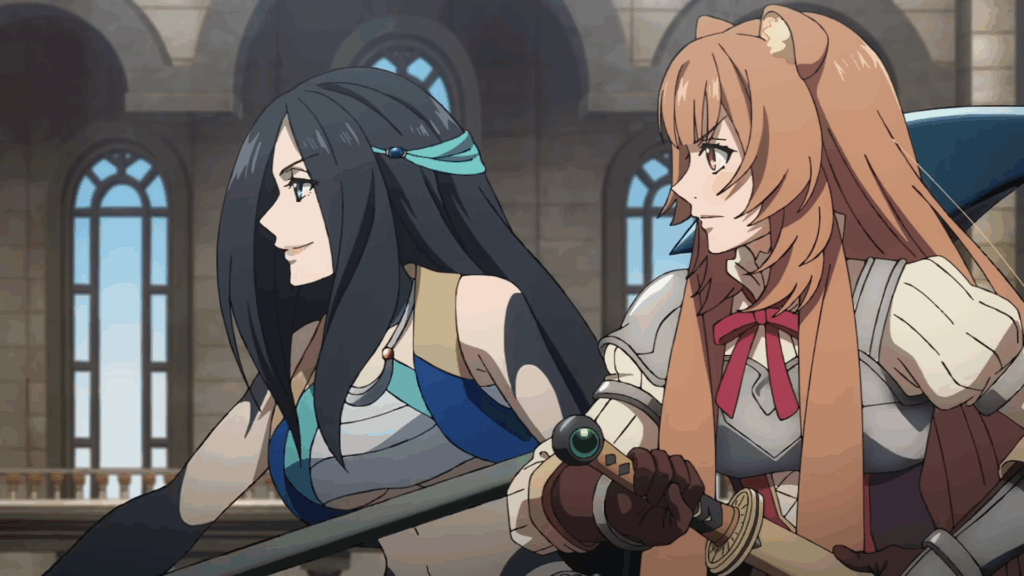When Masashi Kishimoto’s Naruto first graced the pages of manga and later the screens of television, it became a cultural phenomenon that transcended borders and ages. The journey of Naruto Uzumaki, an underdog from the Hidden Leaf Village, resonated with millions, becoming a narrative about perseverance, friendship, and the importance of believing in oneself. However, with the advent of Boruto: Naruto Next Generations, fans have witnessed a new narrative unfold—one that redefines the legacy of its predecessor while simultaneously forging its own path.
A New Era of Shinobi
Set approximately 15 years after the conclusion of Naruto, Boruto introduces a world where the villages are thriving thanks to peace and technological advancement. The Hidden Leaf Village, now a bustling metropolis, showcases how the shinobi way has evolved. The incorporation of modern technology—from smartphones to scientific ninja tools—illustrates a significant shift from the traditional values of Naruto’s time. This juxtaposition engages fans, both new and old, who are curious about how age-old practices align with contemporary realities.
Character Development and Complexity
At the heart of Boruto is the titular character, Boruto Uzumaki. Unlike Naruto, who was born an outcast striving for acceptance and recognition, Boruto starts as the child of the Hokage, enjoying privileges and expectations that come with the title. This unique perspective presents timely themes surrounding legacy, parental expectations, and personal identity. Boruto is not just a rehashed version of his father; he struggles with the weight of Naruto’s achievements and wrestles with his desire to carve out his own path—an internal conflict that resonates with a generation grappling with similar issues.
The supporting cast also receives substantial attention. Sarada Uchiha, the daughter of Sasuke and Sakura, explores her dual heritage as she aims to become Hokage, while Mitsuki, a synthetic being with ties to Orochimaru, adds layers of complexity and questions about identity. Every character in Boruto is imbued with their aspirations, personal struggles, and unique backstories, enriching the narrative tapestry of the series.
Revisiting Old Themes and Introducing New Ones
While Boruto continues to explore familiar themes such as friendship and perseverance, it also introduces new concepts related to technology’s impact on society and the ethical dilemmas that arise from scientific advancements. The conflict often stems from the younger generation’s desire to utilize technology in ways that old-school shinobi might find concerning.
Unlike Naruto, who fought against a world dictated by ancient shinobi traditions, the new generation faces challenges relevant to today—an exploration of how technology can both solve and complicate problems. This theme resonates in a world where rapid advancements are now ubiquitous.
A Shift in Narrative Style
Konoha’s current peace is punctuated by fresh conflicts and adversaries, reshaping the dynamics of the narrative. The antagonists of Boruto don’t merely want power; they aim to challenge the very fabric of what it means to be a shinobi in this advanced society. This evolution requires a nuanced approach to storytelling, one that combines action with existential inquiries about tradition, purpose, and progress.
Bridging Legacy and Innovation
While Boruto stands firmly on its own narrative framework, the series continuously pays homage to its predecessor. Familiar faces from Naruto make appearances, and nostalgic callbacks enrich the experience for lifelong fans. The legacy of previous characters shapes the new generation, but the narrative handles these connections carefully, ensuring that Boruto and his friends are not overshadowed by their parents’ monumental legacies.
In doing so, Boruto cultivates a rich environment where the past meets the present. It evokes nostalgia while propelling the story forward, celebrating Naruto’s impact while asserting that the future is something to be created, not merely inherited.
Conclusion
Boruto: Naruto Next Generations is not merely a sequel; it is a bold statement that this new generation of shinobi can redefine what it means to carry forth a legacy. With its exploration of modern challenges, deeper character motivations, and a fresh narrative focus, Boruto stands as a worthy successor, heralding a new era of storytelling in the ninja world. By embracing both the past and the future, it underscores the timeless message that while we may inherit a legacy, our journey is ultimately ours to shape.


